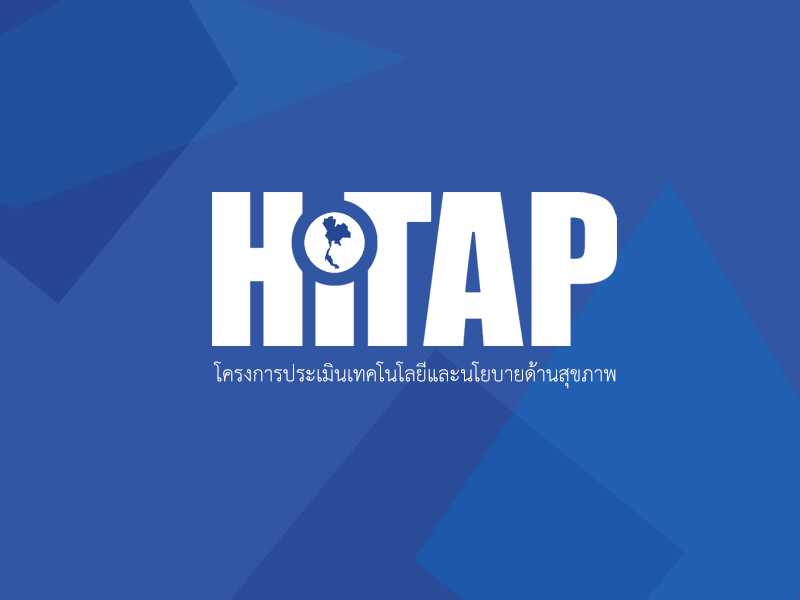Effective interventions for the screening, brief intervention, referral and treatment of harmful alcohol use: an umbrella review

Effective interventions for the screening, brief intervention, referral and treatment of harmful alcohol use: an umbrella review
เกี่ยวกับโครงการ
Alcohol addiction has been identified as one of the leading causes of disability adjusted life years in Thailand. This umbrella review aims to provide a comprehensive overview of the interventions that are effective in the prevention and treatment of harmful alcohol use, and to provide a comparison with existing interventions provided in Thailand. The literature search yielded 9,566 studies, of which 86 were included for data extraction. Most systematic reviews were judged to be of low quality. For screening, brief interventions and referral to treatment, there was mixed evidence of effectiveness, which may be due to differences in how the interventions were delivered. Brief counselling interventions and brief advice based on biomarkers of liver disease showed evidence of a durable effect over 1 year. Digital brief interventions were not shown to be superior to face to face interventions. Similarly, there is mixed evidence for most psychosocial interventions, with most studies suggesting small effect sizes of short duration. Peer-based mentoring for adolescents had a large effect size lasting more than 1 year, although results come from a single systematic review. Among pharmacological interventions, there is good evidence to suggest that topiramate (anticonvulsant), Nalmefene (opioid antagonist), and galantamine are effective. Valproic acid and flupentixol decanoate were shown to be effective, but with low certainty in the evidence. Evidence to support the use of disulfiram, baclofen, acamprosate, naltrexone, and varenicline remains inconclusive; no other pharmacological interventions were found to be effective. There was scant evidence on the effect of combining a psychosocial and pharmacological intervention, often with wide confidence intervals from underpowered studies. Regarding alternative therapies, acupuncture may be effective, but there is no evidence to support transcranial magnetic stimulation
คณะผู้วิจัย
หน่วยงานที่เกี่ยวข้อง/
หน่วยงานสนับสนุน













